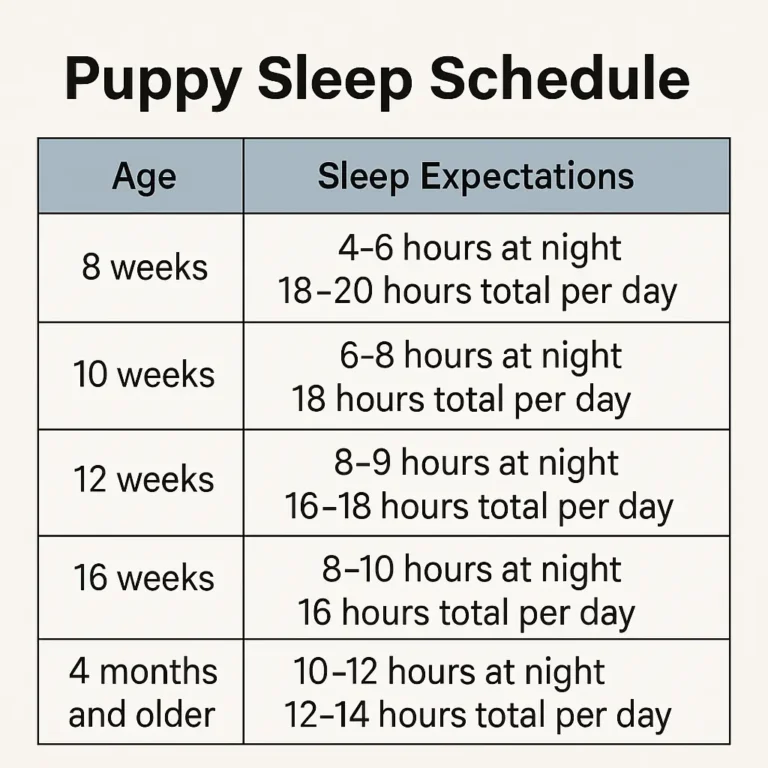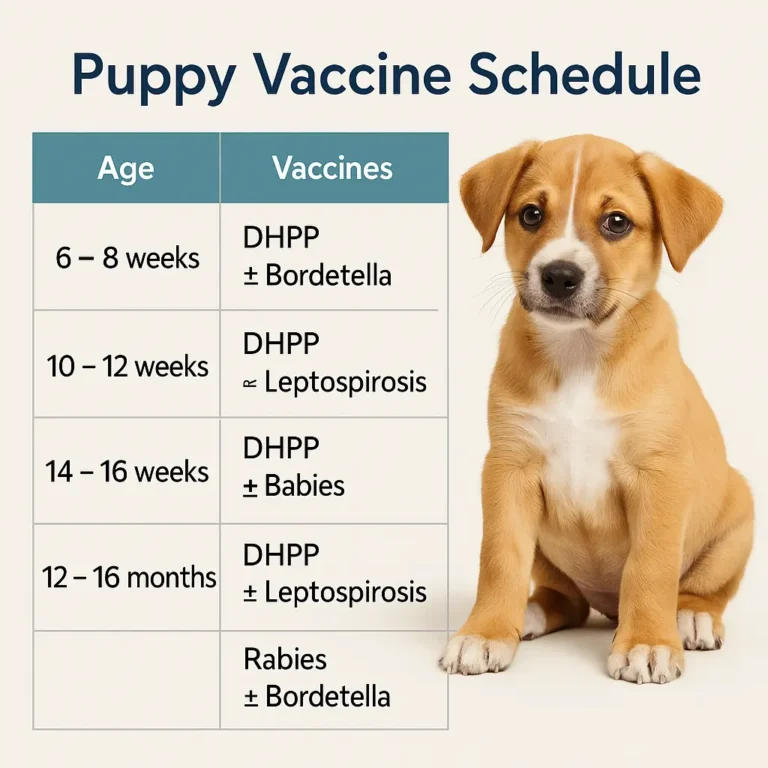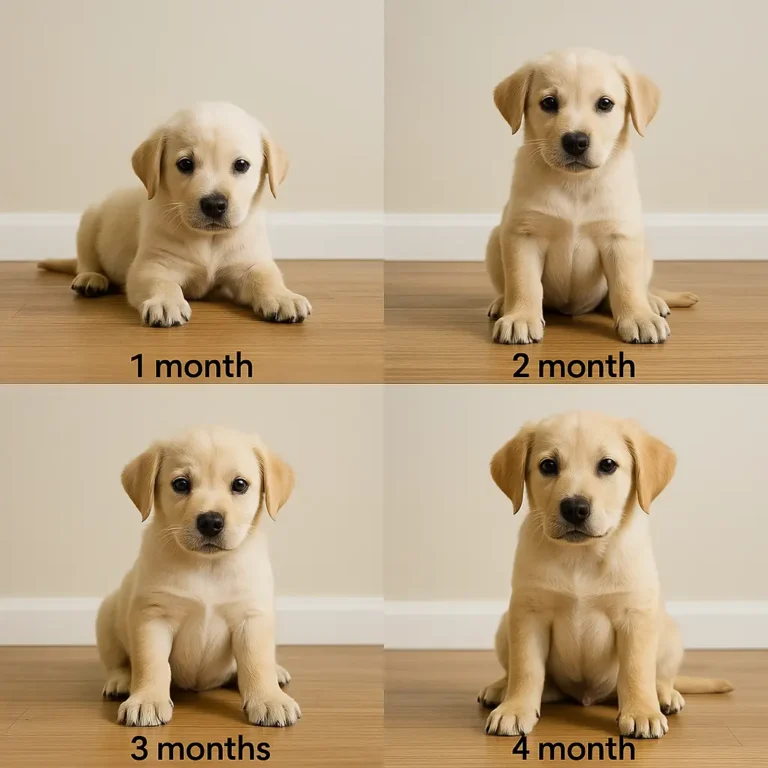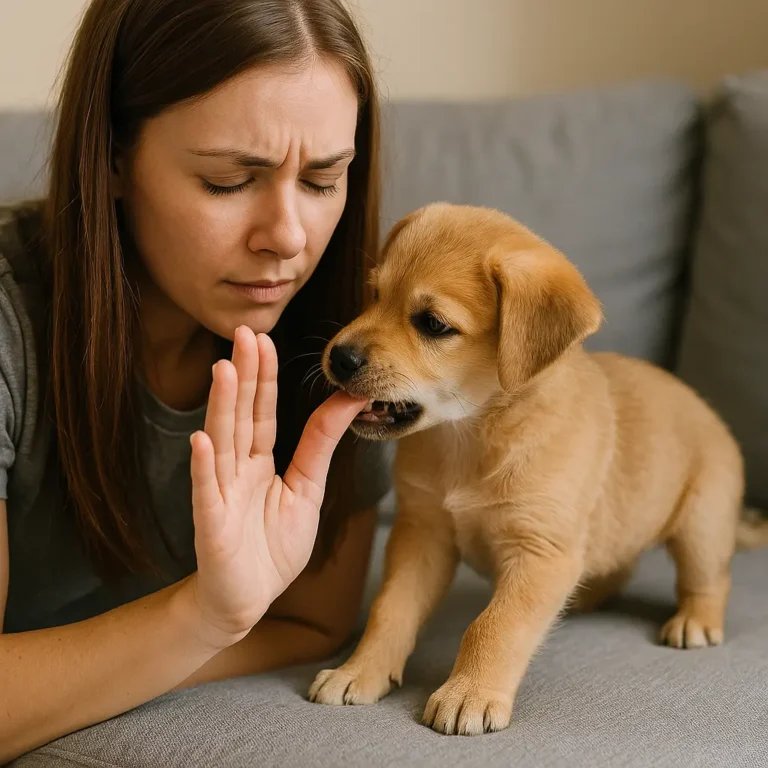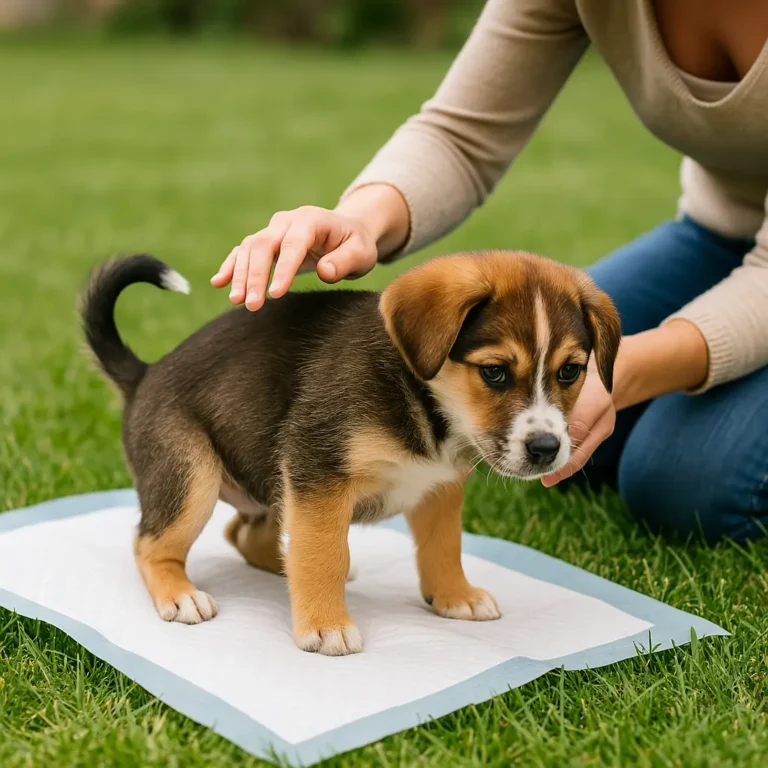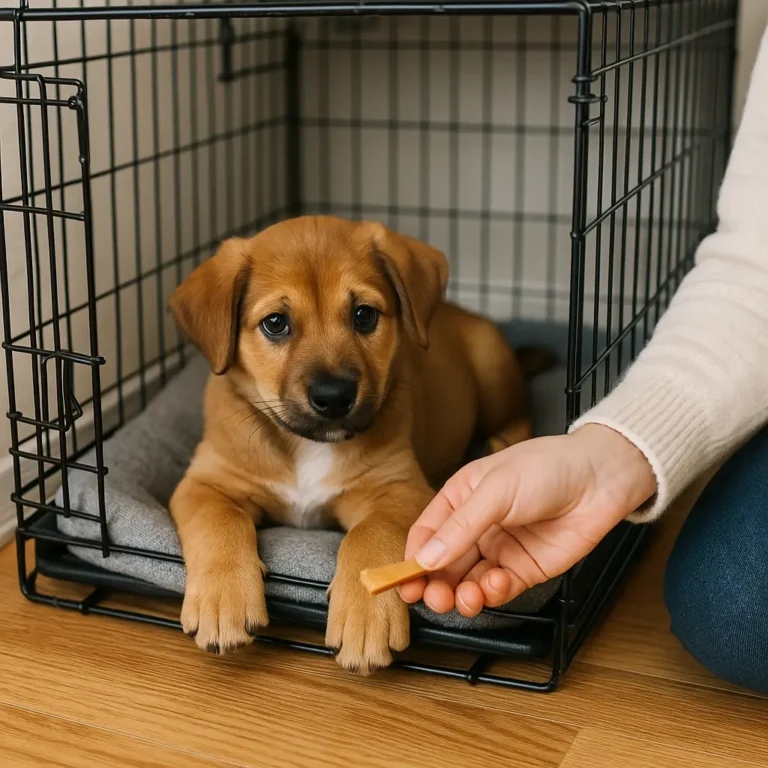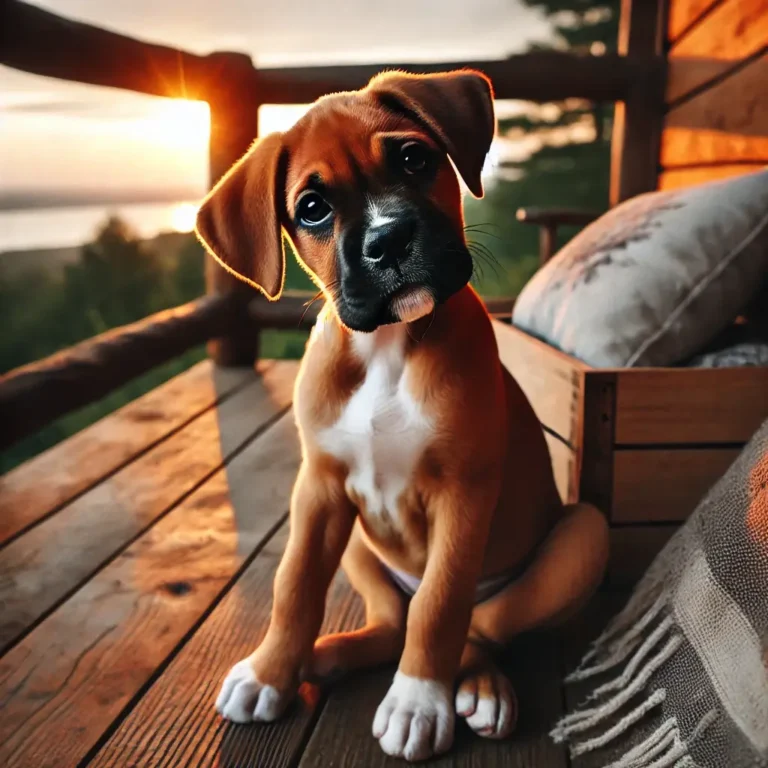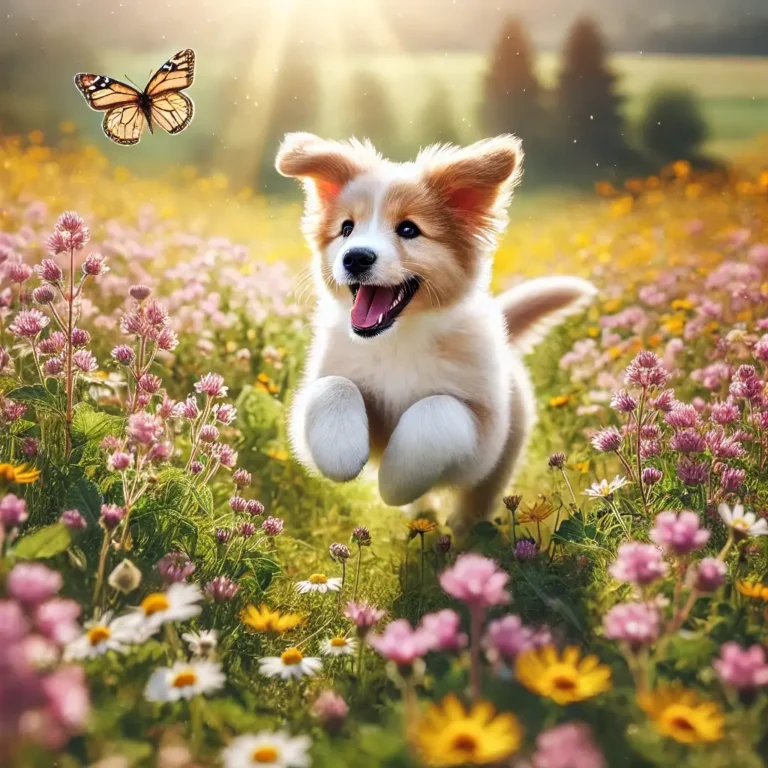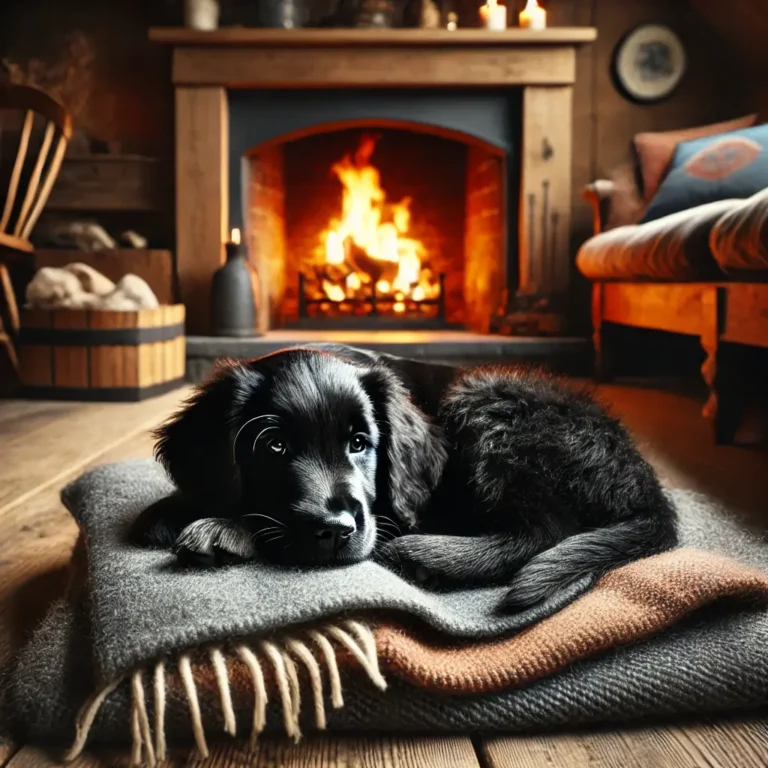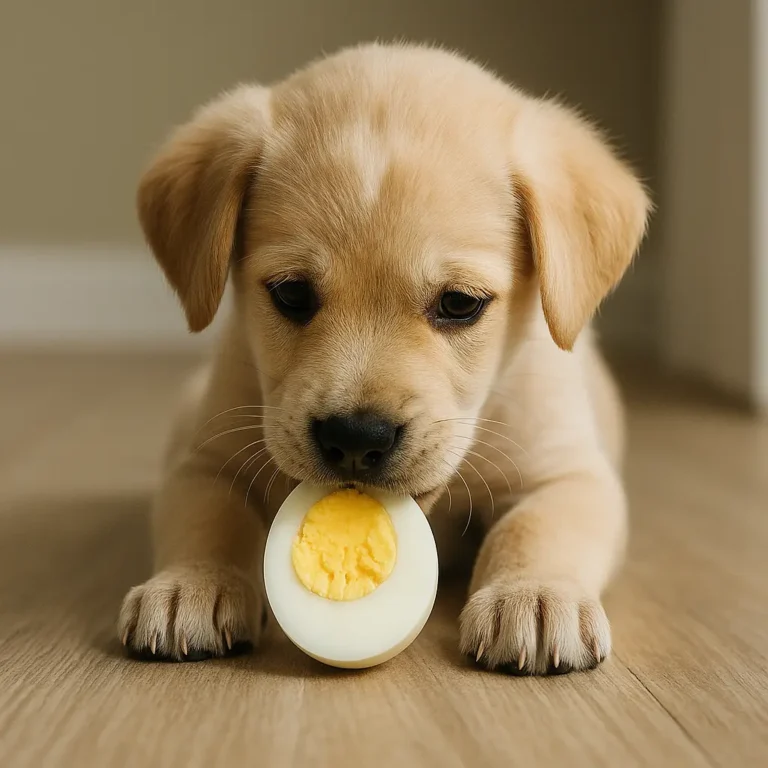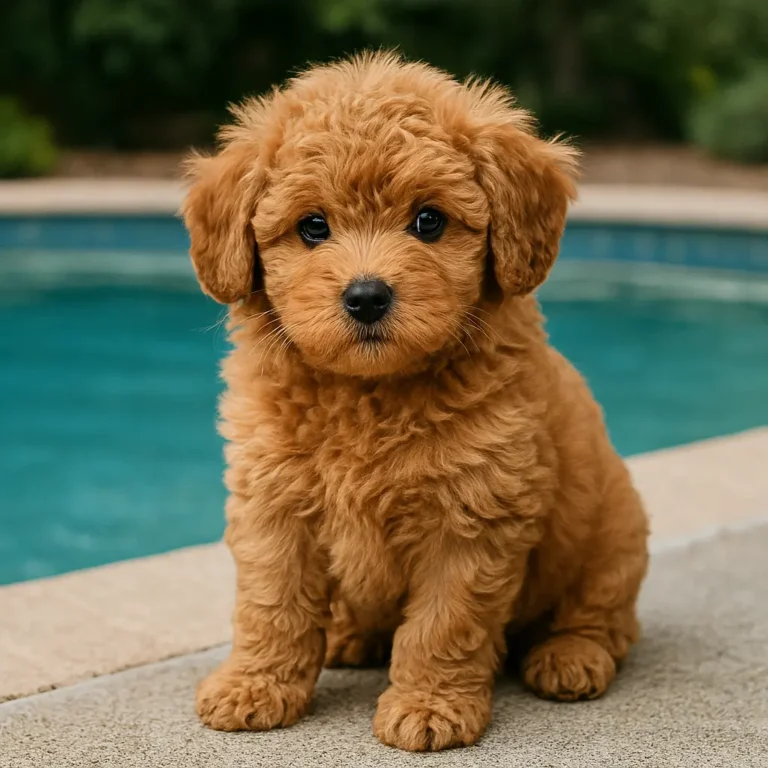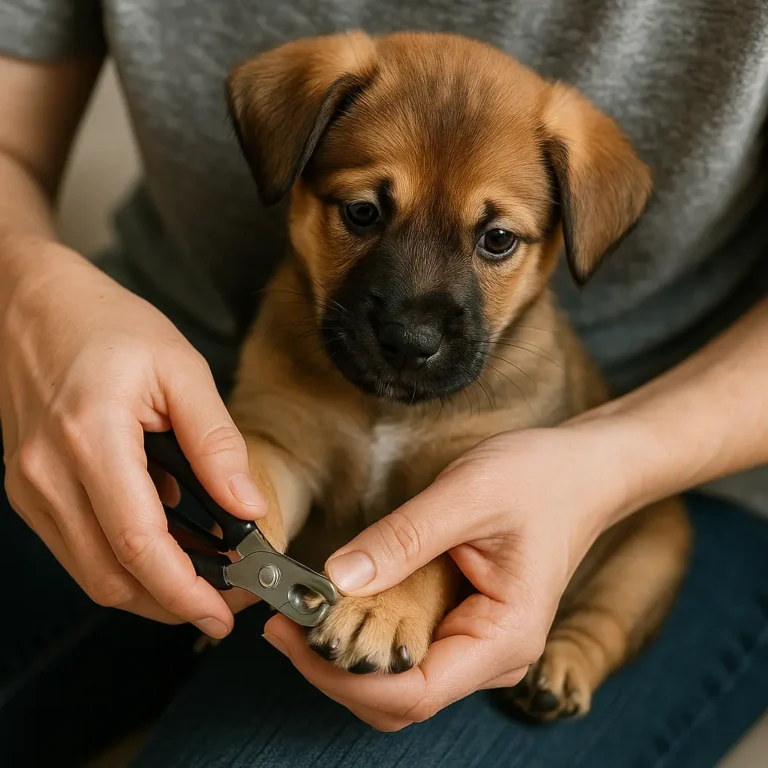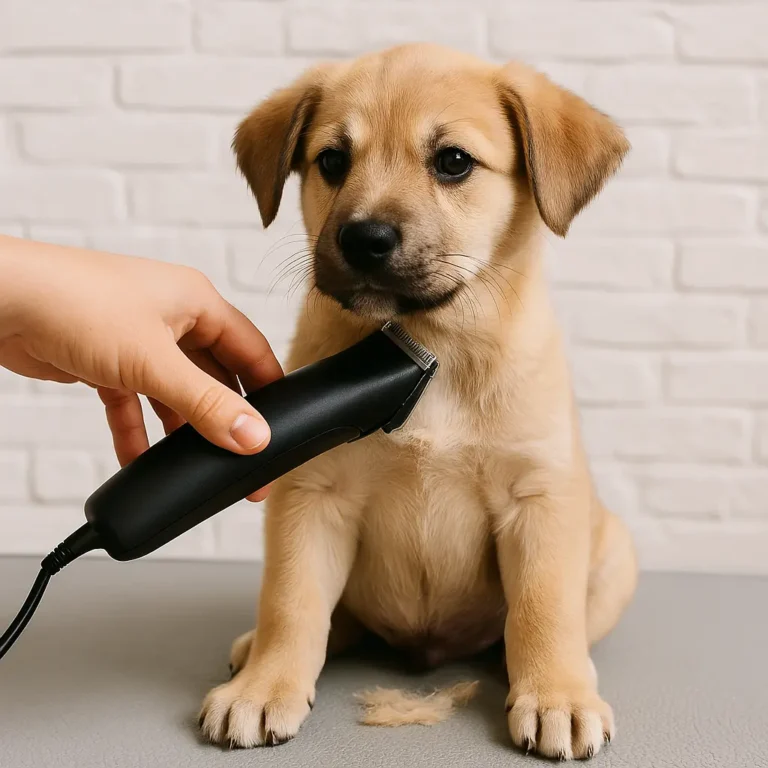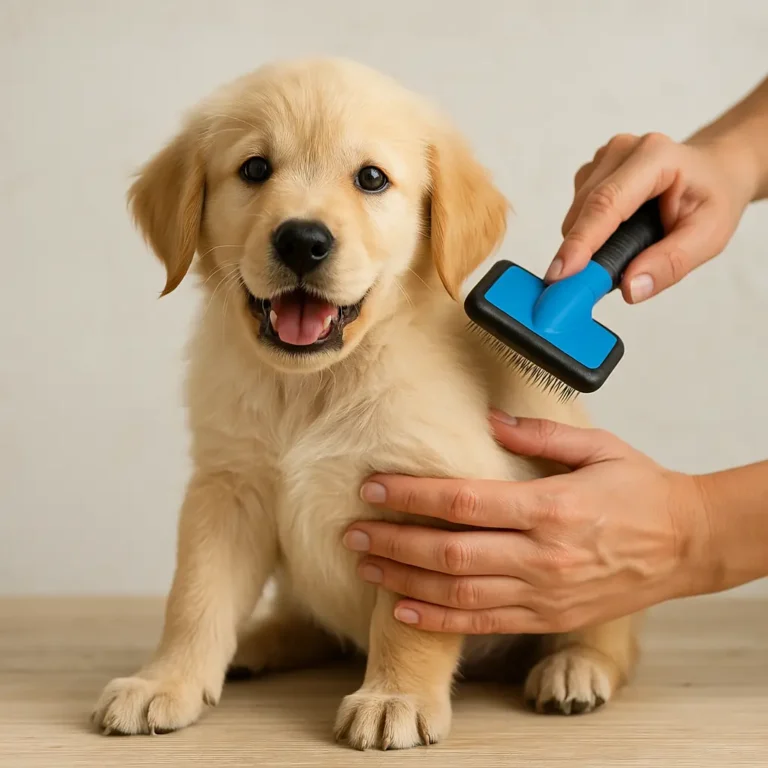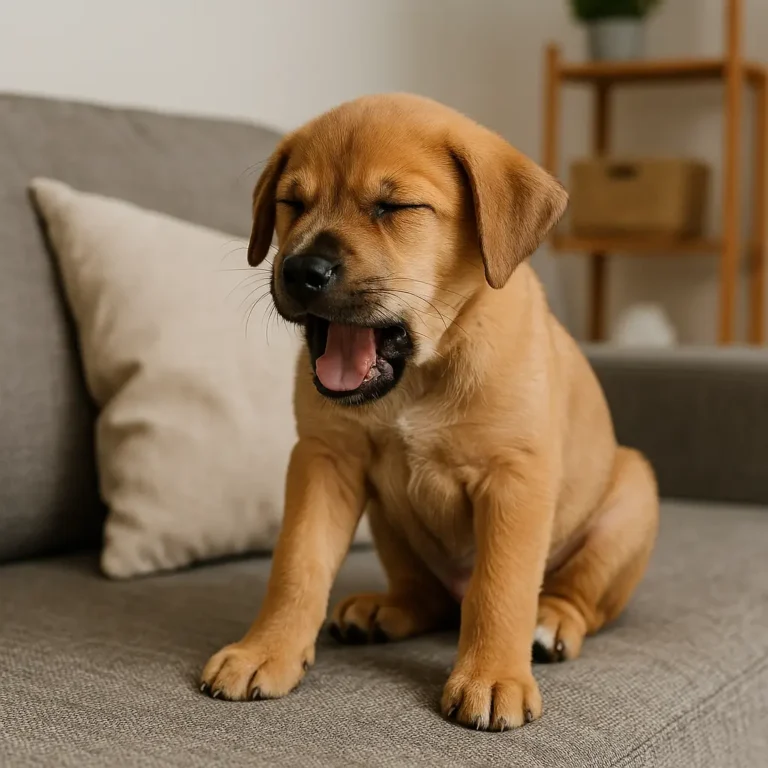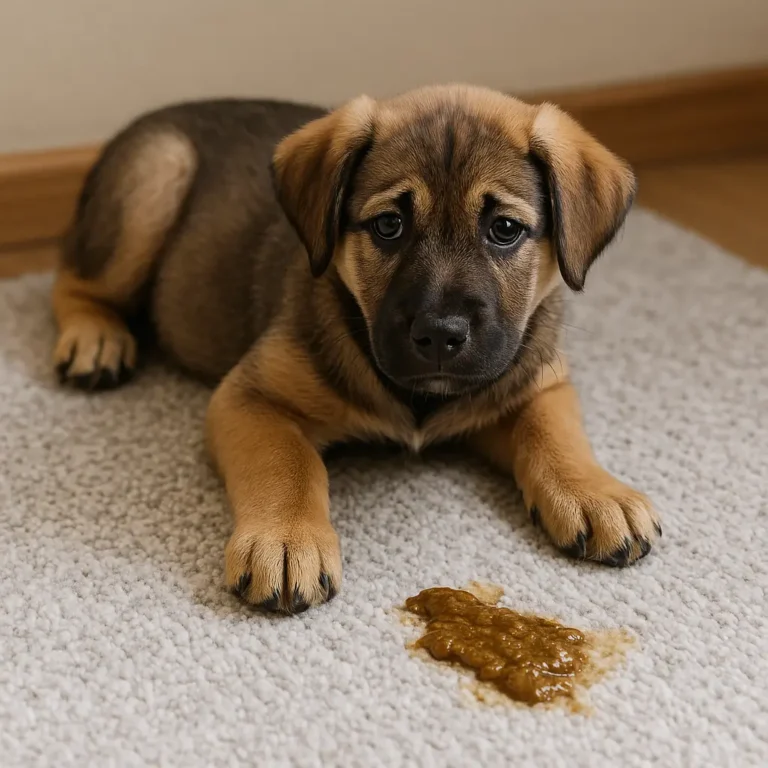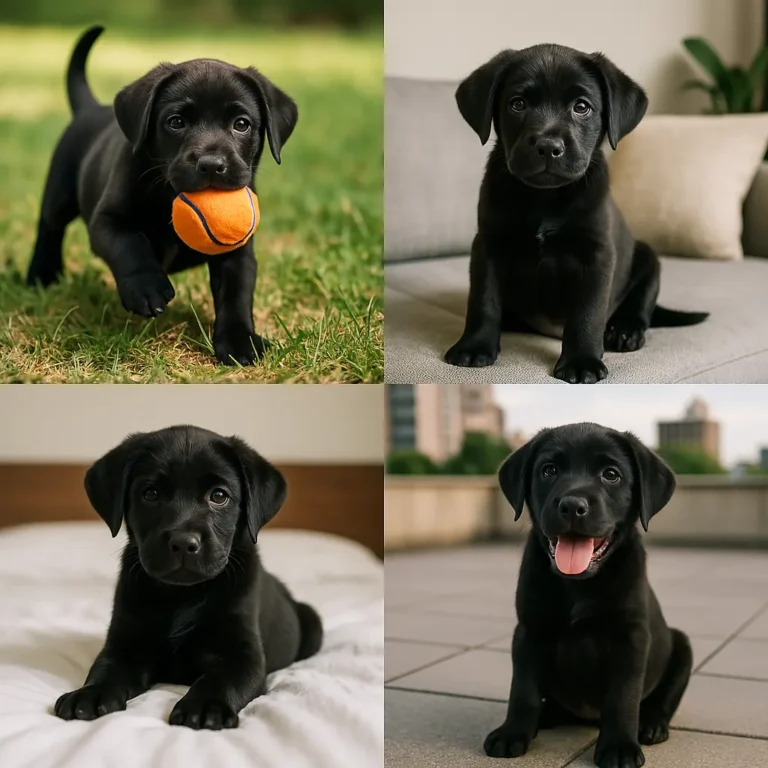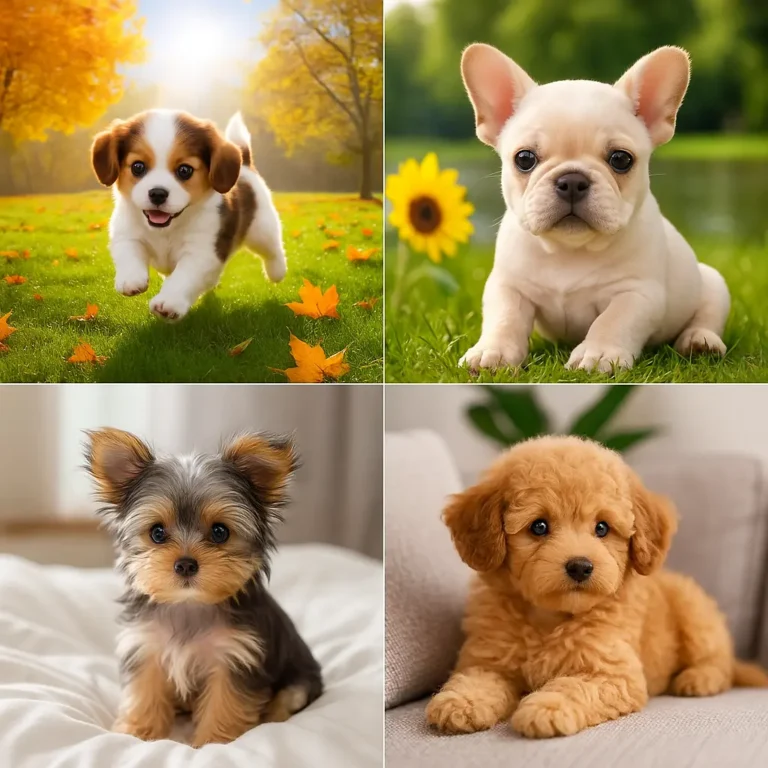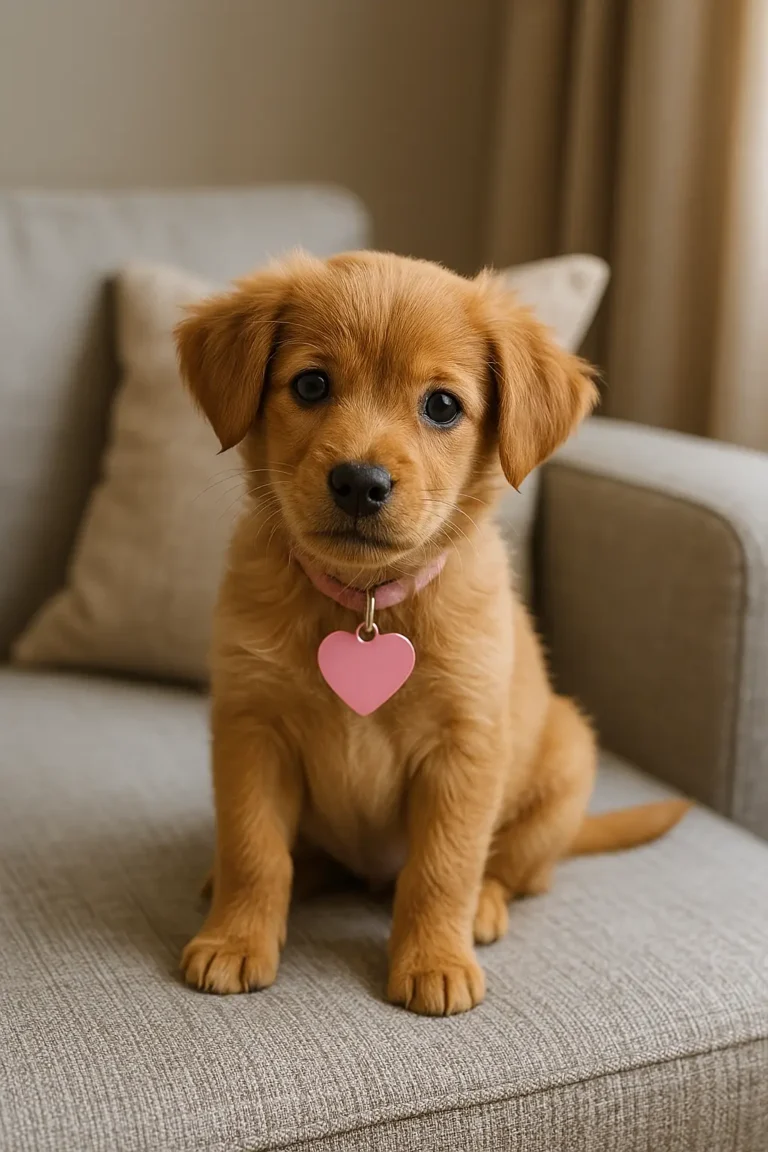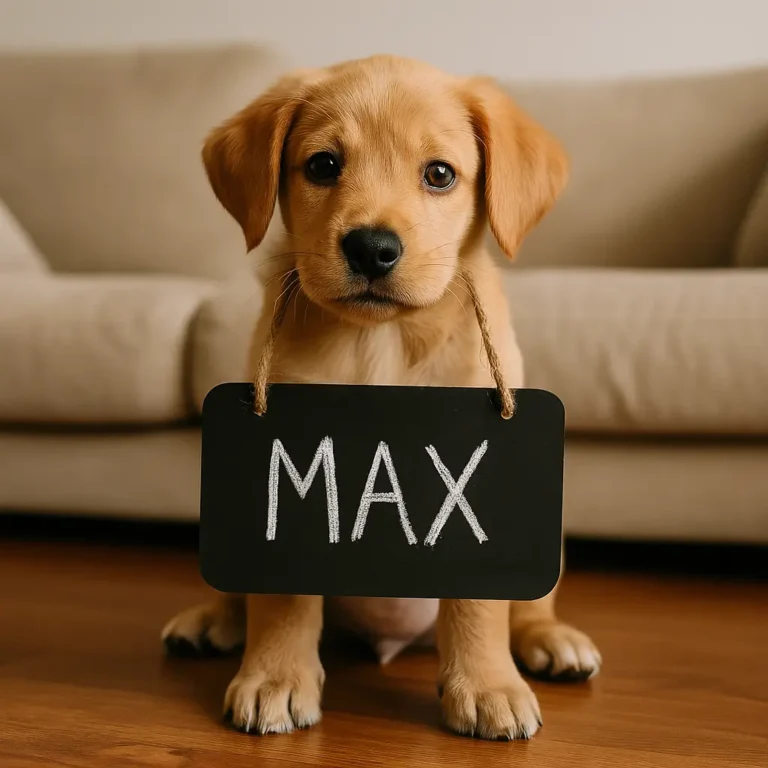Brown Wiener Dog
Brown Wiener Dog: Everything You Need to Know About This Adorable Breed
The brown wiener dog, commonly known as the brown Dachshund, is a small yet energetic breed that has won the hearts of dog lovers worldwide. With their long bodies, short legs, and playful personalities, these dogs make excellent companions for families and individuals alike. Whether you are looking for a loyal friend or a lively pet, the brown wiener dog is an excellent choice.
These dogs are known for their intelligence and stubborn streak, which can make training both rewarding and challenging. Their brown coat can range from light tan to dark chocolate, adding to their unique charm. They are adaptable to various living environments, making them suitable for apartments or houses with yards.
If you are considering bringing a brown wiener dog puppy into your home, it is essential to understand their temperament, care needs, and ideal environment. Let’s explore everything you need to know about this charming breed.

Brown Wiener Dog Puppies: What to Expect
Bringing home a brown wiener dog puppy is an exciting experience! These little pups are full of energy, curiosity, and love. From the moment they open their eyes, they are ready to explore their surroundings. However, they require early socialization and training to ensure they develop good behavior.
Brown Dachshund puppies love to chew, so providing them with plenty of toys is essential. They also bond quickly with their owners and may suffer from separation anxiety if left alone for long periods. Their small size makes them easy to carry, but they require proper nutrition and care to grow into healthy adults.
Breed Traits
The brown wiener dog is a small-sized breed known for its elongated body, short legs, and lively temperament. They are intelligent, loyal, and protective, making them great watchdogs despite their small stature.
A healthy brown wiener dog can live between 12 to 16 years, depending on genetics, diet, and exercise. Proper veterinary care and an active lifestyle can help extend their lifespan significantly.
The average height of a brown wiener dog is 8 to 9 inches at the shoulder. Miniature versions are smaller, standing around 5 to 6 inches, making them perfect for small living spaces.
A brown wiener dog typically weighs between 16 to 32 pounds, while miniature versions weigh around 11 pounds or less. Maintaining a healthy weight is crucial to prevent obesity-related health issues.
Brown wiener dogs adapt well to apartments or houses with fenced yards. They enjoy both indoor cuddles and outdoor adventures. However, they need a comfortable space to rest due to their sensitive backs.
Breed Characteristics
The brown wiener dog is famous for its loyal nature, intelligence, and curiosity. They are known for their stubbornness but can be trained with patience. Their expressive eyes and playful nature make them irresistible.
Brown wiener dogs are excellent family pets. They love spending time with their owners and are great with older children. However, supervision is needed with young kids due to their delicate backs.
Brown wiener dogs have elongated bodies, short legs, and floppy ears. Their sleek, chocolate-colored coat can range from light brown to dark brown, making them one of the most visually striking Dachshund variations.
Brown wiener dogs are friendly but cautious around strangers. They form strong bonds with their owners and may develop separation anxiety. Socialization from an early age helps them interact well with other pets.
This breed is affectionate, intelligent, and fearless. Despite their small size, they have a bold and playful personality. Their hunting instincts make them alert and energetic, requiring plenty of mental and physical stimulation.
Training Tips: How to Train a Brown Wiener Dog?
Training a brown wiener dog requires patience and consistency. Since they are intelligent but stubborn, positive reinforcement methods such as treats and praise work best. Early obedience training is crucial to prevent bad habits like excessive barking.
Housebreaking can be challenging, so crate training is recommended. Socializing them with different people and pets helps them become well-adjusted adults. Avoid harsh training methods, as Dachshunds respond better to gentle guidance. Providing interactive toys and mental exercises also keeps their sharp minds engaged.
Brown Wiener Dogs History & Facts
The brown wiener dog is a variation of the Dachshund, a breed that originated in Germany over 600 years ago. Originally bred for hunting badgers and small game, their elongated bodies allowed them to dig into burrows effortlessly.
Over time, Dachshunds became companion animals, beloved for their affectionate nature and playful energy. The brown coat color is one of the many variations that emerged through selective breeding. Today, brown wiener dogs are cherished pets worldwide, known for their courage, intelligence, and loyalty.
Despite their small size, Dachshunds were originally bred to hunt badgers. Their long bodies and strong paws allowed them to dig into burrows, making them excellent hunters.
Brown wiener dogs may have short legs, but they are fast and agile. They love running around and require daily exercise to stay fit and healthy.
Many cities host wiener dog races, where Dachshunds compete in fun, lighthearted races. These events attract dog lovers from all over the world.
This breed is known for its independent and stubborn nature. They often try to outsmart their owners, making training a fun but challenging task.
Brown wiener dogs have a surprisingly deep bark for their size. Their powerful vocal cords make them sound much larger than they actually are!
Popular Wiener Dog Mixes You Should Know About
If you love brown wiener dogs, you might also be interested in some of the most popular Dachshund mixes, such as:
- Chiweenie – A mix between a Chihuahua and a wiener dog.
- Dachsador – A Labrador Retriever and Dachshund mix.
- Dorgi – A Dachshund and Corgi mix.
- Doxle – A combination of a Beagle and a wiener dog.
- Doxiepoo – A mix between a Dachshund and a Poodle.
These unique combinations blend the best traits of their parent breeds, offering different personalities, sizes, and temperaments.
🍖 Best Food for a Brown Wiener Dog
The Brown Wiener Dog requires a high-protein and well-balanced diet to maintain its muscle tone and active energy levels. A diet rich in real meat sources like chicken, turkey, or fish ensures muscle strength. Complex carbohydrates such as brown rice and sweet potatoes provide sustained energy, while omega fatty acids from fish oil promote coat health and joint mobility. Fresh fruits and vegetables like blueberries, carrots, and spinach enhance digestion and immunity. Since Wiener Dogs are prone to obesity, portion control and regular exercise are essential to maintaining a healthy weight.
🐕 Breed Behavior: Energetic, Affectionate, and Curious
The Brown Wiener Dog is playful, affectionate, and intelligent. They inherit the curious nature of hunting dogs, making them explorers by heart. Despite their small size, they are courageous and confident, often forming strong bonds with their owners. Their social and loving temperament makes them ideal for family environments.
Alertness
Protectiveness
Prey drive
Aggressiveness
Barking level
Trainability
Mental stimulation needs
Intelligence
🐕 Popular Brown Wiener Dog Mix Breeds
The Brown Wiener Dog is a lively and affectionate breed, but other Wiener Dog mixes are also popular:
- Wiener Dog Labrador Mix (Dachsador) – A loyal, friendly, and energetic hybrid.
- Wiener Dog Golden Retriever Mix (Golden Dox) – A loving and playful companion.
- Wiener Dog Beagle Mix (Doxle) – A scent-driven, adventurous, and playful dog.
- Wiener Dog Poodle Mix (Doxiepoo) – A hypoallergenic, intelligent, and social pet.
Each mix has its own unique traits, making them ideal for different types of dog owners.
🛁 Grooming Needs: Keeping Their Coat Healthy
The Brown Wiener Dog has a short-to-medium-length coat, requiring weekly brushing to manage shedding and keep their coat clean. If they have longer fur, more frequent brushing may be needed. Bathing every 4-6 weeks using a gentle dog shampoo helps maintain skin health and cleanliness. Regular nail trimming, ear cleaning, and dental care are essential for overall hygiene. If they have excess skin folds, cleaning them regularly prevents skin infections. A diet rich in omega fatty acids promotes coat shine and prevents dryness, ensuring a healthy and vibrant appearance.
Physical Attributes of the Brown Wiener Dog
The Brown Wiener Dog, also known as the Dachshund, is a small and elongated breed with short legs, a deep chest, and a long snout. Their rich chocolate, tan, or dark brown fur gives them a distinctive appearance. They have floppy ears, expressive eyes, and a playful yet determined personality.
Breed Size
Colours
Coat
Drooling
Snoring
Exercise Needs
Grooming Needs
Aggressiveness
Common Health Issues in Brown Wiener Dogs
Like all Dachshunds, Brown Wiener Dogs are prone to:
- Intervertebral Disc Disease (IVDD) – Due to their long spine, they must avoid jumping from heights.
- Obesity – Overeating can cause joint and back problems.
- Dental Issues – Regular brushing prevents gum disease.
- Patellar Luxation – A common knee issue in small dogs.
- Progressive Retinal Atrophy (PRA) – Can lead to vision loss.
To keep them healthy, provide a balanced diet, joint supplements, and proper exercise. Routine vet check-ups help in early detection of health concerns.
Brown Wiener Dog: What Is Their True Size?
The Brown Wiener Dog is classified as a small breed, but their size depends on whether they are Standard or Miniature. Standard Dachshunds weigh 16–32 pounds and stand 8–9 inches tall, while Miniature Dachshunds weigh under 11 pounds and stand 5–6 inches tall. Despite their small stature, they have a muscular build and high energy levels. Due to their elongated spine, they should avoid jumping off furniture or running up and down stairs to prevent back injuries. Their compact yet athletic build makes them adaptable to various living environments, including apartments and larger homes.
Brown Wiener Dog faq
Are Brown Wiener Dogs good family pets?
How long does a Brown Wiener Dog live?
Do Brown Wiener Dogs shed a lot?
Are Brown Wiener Dogs good with children?
Do Brown Wiener Dogs bark a lot?
What should I feed a Brown Wiener Dog?
Can Brown Wiener Dogs live in apartments?
How can I prevent back problems in my Brown Wiener Dog?
Brown Wiener Dog – Life Expectancy and Daily Care
The Brown Wiener Dog is an active and affectionate breed that thrives in homes with proper care and exercise. With an average lifespan of 12–16 years, they require daily playtime, mental stimulation, and a nutritious diet. Their small size makes them ideal for apartments and large homes alike. Due to their elongated spine, owners must be cautious with jumping and excessive stair climbing. Regular vet check-ups, dental care, and exercise help maintain their overall health. They form strong bonds with their owners and love being part of a family environment.
The Brown Wiener Dog is a charming, affectionate, and intelligent breed that fits well into various households. Their small size, playful personality, and loving nature make them perfect for singles, families, and seniors alike. However, they require consistent training, socialization, and exercise to remain well-mannered. Their health needs must be monitored, especially spinal and weight-related concerns. If you’re looking for a loyal and entertaining pet, the Brown Wiener Dog is an excellent choice for those ready to provide love, care, and an active lifestyle.

